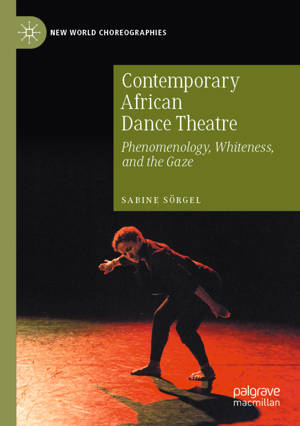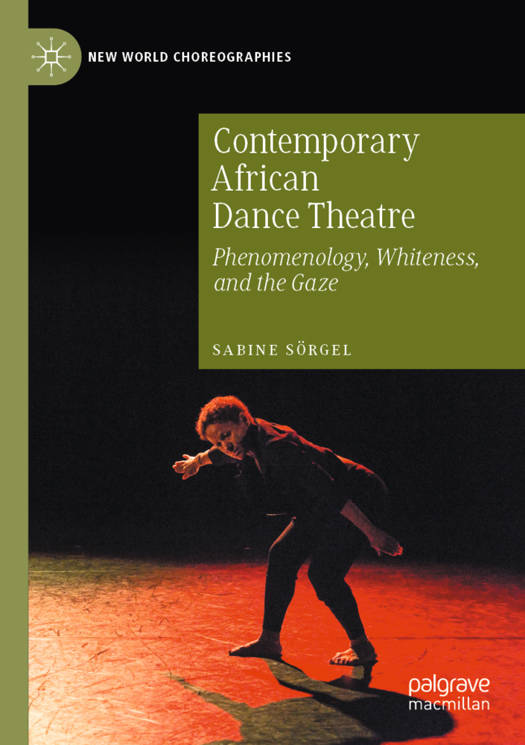
- Afhalen na 1 uur in een winkel met voorraad
- Gratis thuislevering in België vanaf € 30
- Ruim aanbod met 7 miljoen producten
- Afhalen na 1 uur in een winkel met voorraad
- Gratis thuislevering in België vanaf € 30
- Ruim aanbod met 7 miljoen producten
Zoeken
€ 89,95
+ 179 punten
Uitvoering
Omschrijving
This book is the first to consider contemporary African dance theatre aesthetics in the context of phenomenology, whiteness, and the gaze. Rather than a discussion of African dance per se, the author challenges hegemonic perceptions of contemporary African dance theatre to interrogate the extent to which white supremacy and privilege weave through capitalist necropolitics and determine our perception of contemporary African dance theatre today. Multiple aesthetic strategies are discussed throughout the book to account for the affective experience of 'un-suturing' that touches white spectatorship and colonial guilt at their core. The critical analysis covers a broad range of dance choreography by artists from the Democratic Republic of Congo, Ivory Coast, South Africa, Canada, Europe, and the US as they travel, create, and show their works internationally to global audiences to contest racial divides and white supremacist politics.
Specificaties
Betrokkenen
- Auteur(s):
- Uitgeverij:
Inhoud
- Aantal bladzijden:
- 174
- Taal:
- Engels
- Reeks:
Eigenschappen
- Productcode (EAN):
- 9783030415037
- Verschijningsdatum:
- 31/03/2021
- Uitvoering:
- Paperback
- Formaat:
- Trade paperback (VS)
- Afmetingen:
- 148 mm x 210 mm
- Gewicht:
- 249 g

Alleen bij Standaard Boekhandel
+ 179 punten op je klantenkaart van Standaard Boekhandel
Beoordelingen
We publiceren alleen reviews die voldoen aan de voorwaarden voor reviews. Bekijk onze voorwaarden voor reviews.











